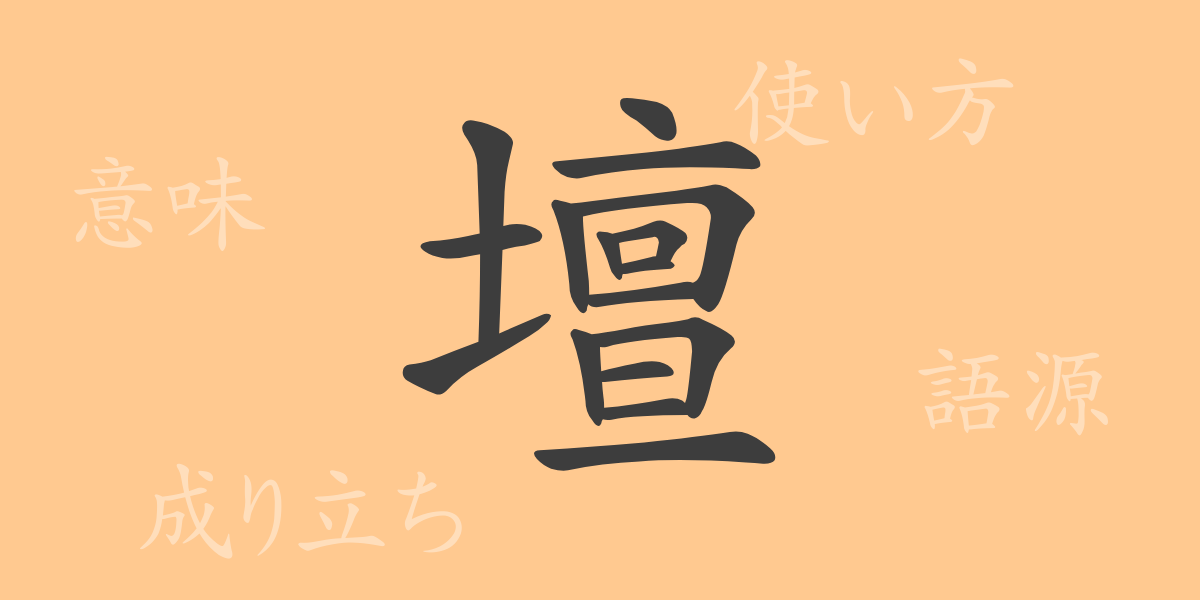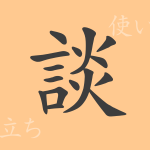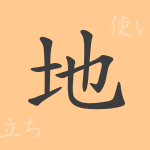The Japanese language contains a multitude of kanji, each with its own unique history and meaning. One kanji frequently seen in daily life is “壇(だん) (dan),” but it might be less understood in depth. This article delves into the origins, meanings, uses, and related idioms and proverbs of the kanji “壇(だん) (dan).” We hope this exploration helps readers gain a deeper understanding of “壇(だん) (dan)” and how to effectively use it in everyday language.
Origin of “壇(だん) (dan)”
The kanji “壇(だん) (dan)” evokes images of an elevated altar made of piled earth, which has come to mean high places or tiered locations. In ancient China, it referred to altars built up with earth for rituals, and over time it expanded to signify various elevated places. Additionally, in Buddhist terminology, it can refer to places where religious ceremonies are held in front of Buddha statues.
Meanings and Uses of “壇(だん) (dan)”
The kanji “壇(だん) (dan)” has several meanings. Generally, it signifies high places or steps, particularly platforms used for rituals or public speaking. It is also used to refer to the stage at school graduation ceremonies, sports award podiums, and various other elevated platforms.
Reading, Stroke Count, and Radical of “壇(だん) (dan)”
Here are the basic details about the kanji “壇(だん) (dan)”:
- Reading: The On’yomi (音読み) reading is “ダン(だん) (dan),” and it has no Kun’yomi (訓読み) reading.
- Stroke count: “壇(だん) (dan)” consists of 16 strokes.
- Radical: The radical is “土(つちへん) (tsuchi hen),” which relates to earth or soil.
Idioms, Proverbs, and Expressions Using “壇(だん) (dan)” and Their Meanings
There are many idioms, proverbs, and expressions containing “壇(だん) (dan).” Here are some examples:
- 演壇(えんだん) (endan): A platform or podium for giving speeches or lectures.
- 祭壇(さいだん) (saidan): An altar for conducting rituals.
- 花壇(かだん) (kadan): A plot prepared for planting flowers.
- 講壇(こうだん) (koudan): A platform for delivering lectures or speeches.
- 壇上(だんじょう) (danjou): On the stage or platform.
Summary of “壇(だん) (dan)”
The kanji “壇(だん) (dan)” has long been used to signify altars and elevated places. Today, it appears in contexts such as speeches, awards, and flowerbeds, symbolizing various high places or tiers. As an essential kanji in Japanese, understanding its usage can deepen your comprehension of the language. We hope this article has helped you learn about the multifaceted aspects of “壇(だん) (dan)” and broaden your linguistic horizons.

























